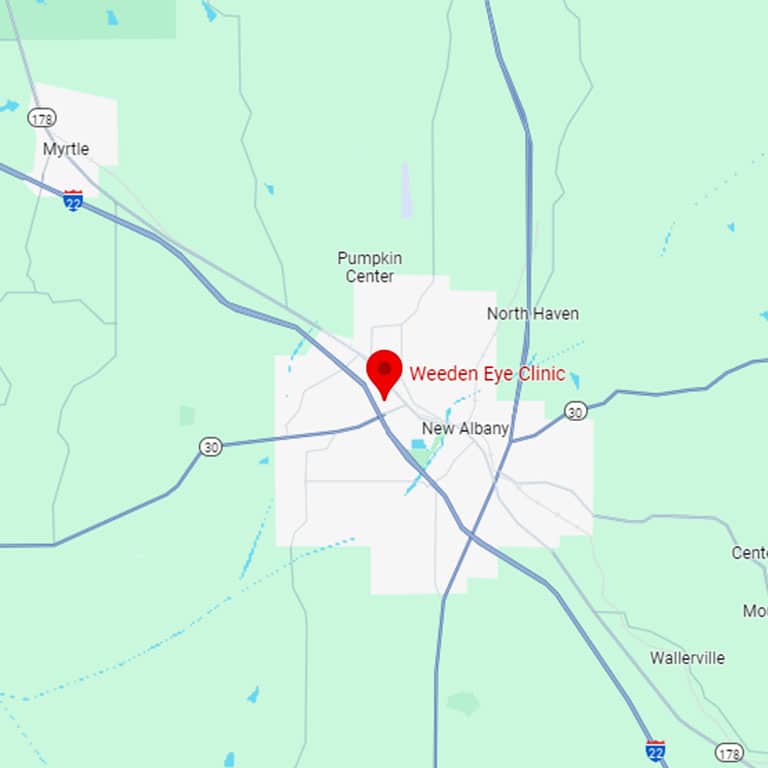Macular Degeneration

Macular degeneration and age-related macular degeneration (AMD) are the same thing. This is when you lose sight in the center of your field of vision. It occurs when a part of your retina called the macula becomes damaged. This disease makes it difficult to read and see fine details. Fortunately, people rarely go blind from it.
The Two Kinds of Macular Degeneration
There are two kinds of macular degeneration.
- Dry Macular Degeneration
This is the most prevalent. In fact, about 80% of people with AMD have the dry type of this disease. It causes vision problems in your direct line of sight.
- Wet Macular Degeneration
This type is less common than its counterpart. It also results in more severe vision loss than dry AMD. Wet macular degeneration creates a large blind spot in the center of your field of vision.
What Is the Cause of Macular Degeneration?
The cause of dry macular degeneration is unknown. However, it’s believed to be caused by genetic and environmental factors. Doctors think it happens as the light-sensitive cells in your eye’s macula break down. This process is usually gradual.
Wet AMD occurs when abnormal blood cells begin to grow underneath your retina. When that happens, they leak blood and fluid, which is how it got its name.
The Symptoms of Macular Degeneration
If you notice any of the following symptoms, you should see an optometrist in New Albany, MS, immediately.
- A loss of your central vision.
- Fuzzy or blurry vision.
- When straight lines look wavy.
- If you see a blind spot or dark area that appears in the center of your vision.
What Are the Risk Factors for AMD?
Several things could lead to you developing age-related macular degeneration. If you are 50 or older, smoke or eat a diet that is high in saturated fat. Or if you have high blood pressure or hypertension.
Is There a Cure for Macular Degeneration?
No, there isn’t a cure for this disease.
Is Macular Degeneration Preventable?
AMD is not preventable. However, you can slow its progression.
How Do You Slow the Progression of AMD?
You can start by eating a healthy diet. Not smoking and getting regular exercise will also help.
Intermediate AMD in one or both eyes can also be slowed by taking special doctor-recommended vitamins and minerals, such as lutein and zeaxanthin, along with vitamins A, C, E, zinc, and selenium, and any others your doctor recommends.
How Is AMD Treated?
Medications called anti-VEGF drugs might possibly help stop the growth of the damaging blood vessels that cause this disease. These medications are used for all wet macular degeneration cases. But, unfortunately, macular degeneration can’t be reversed.
Get Diagnosed by an Optometrist in New Albany, MS Today
Don’t put off having your eyes checked. Please Contact Weeden Eye Clinic today. We want to do everything we can to help you preserve your eyesight!


